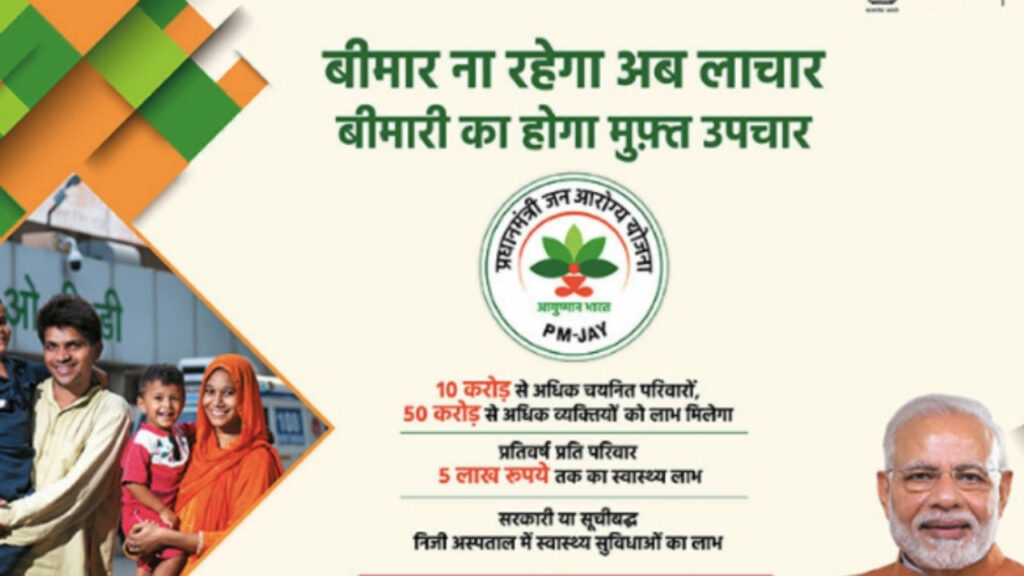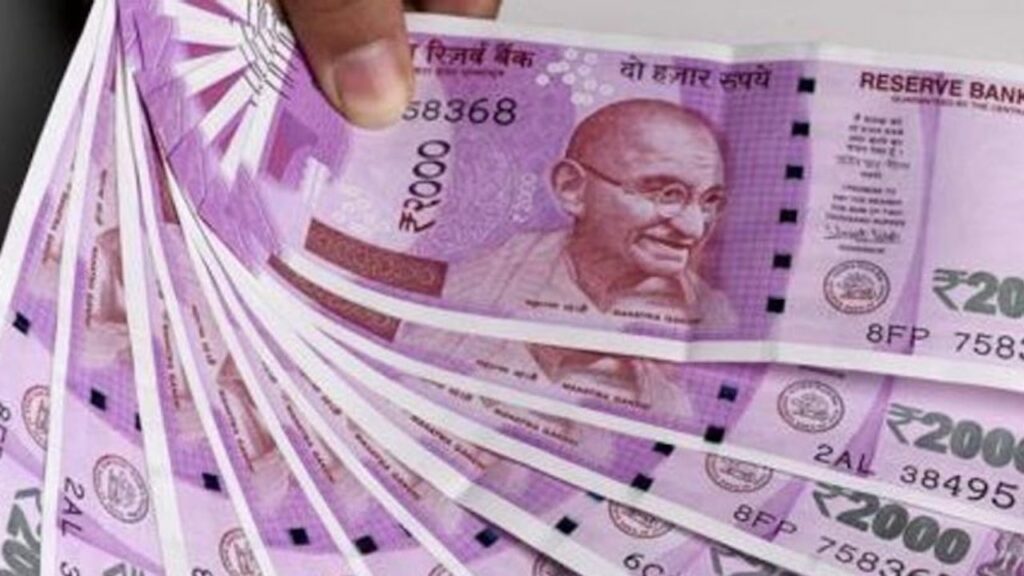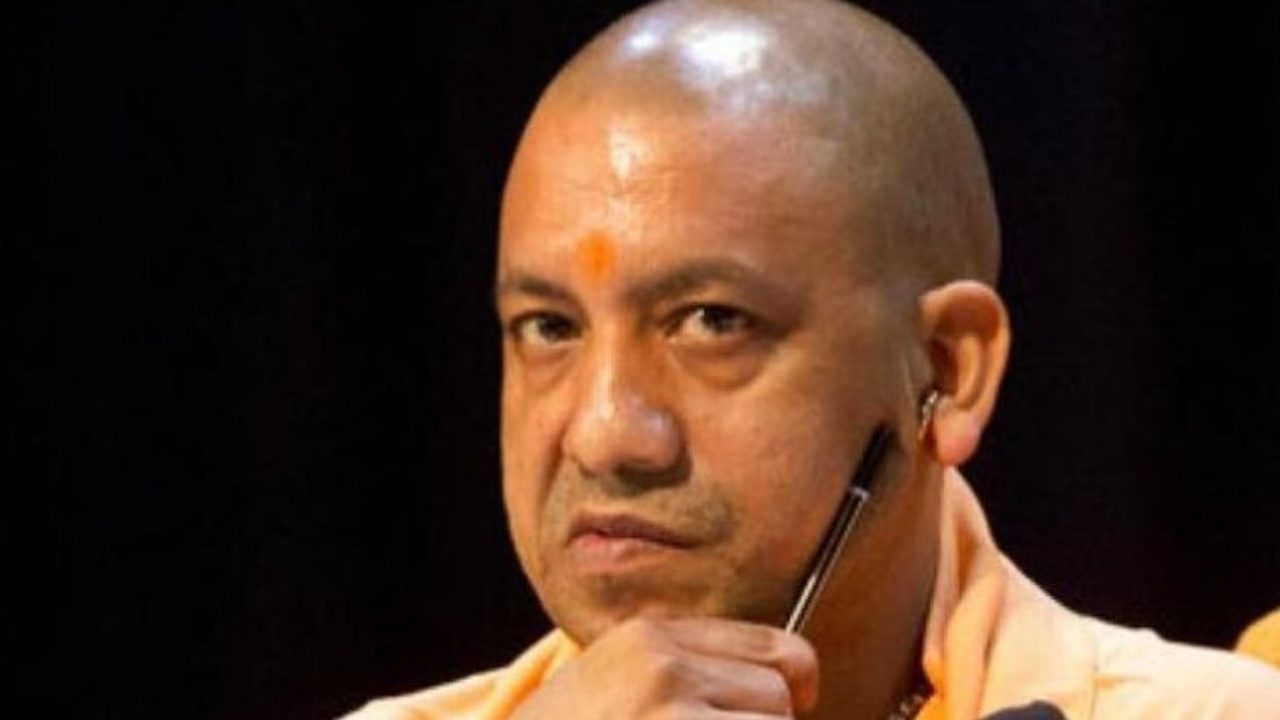Maharashtra has become the first state in India to implement a universal healthcare policy by merging the Ayushman Bharat scheme of the central government with the Mahatma Jyotirao Phule Jan Arogya Yojana scheme of the state.

The updated policy will provide a coverage of INR 5 lakh ($6,900) for 120 million citizens, irrespective of their ration card status, and will encompass 1,900 medical conditions, an increase from the previous 996. Co-branded cards will be distributed to 10 million citizens by August, and the estimated cost of producing these 120 million cards is INR 179 crore, which will be funded by the central government. The existing MJPJAY scheme in Maharashtra currently benefits 22.2 million individuals.
Universal Healthcare Policy with Extended Coverage for 120 Million Citizens
During a joint meeting, Union health minister Dr Mansukh Mandaviya, Maharashtra’s deputy chief minister Devendra Fadnavis, and state health officials made this decision. Fadnavis emphasized that the enhanced healthcare scheme would extend coverage of INR 5 lakh to 120 million citizens in the state. The AB-PMJAY scheme, implemented by the National Health Authority (NHA), already provides health insurance coverage of INR 5 lakh per family per year for secondary and tertiary care hospitalization and is already in operation across 33 states.
Maharashtra Introduces Enhanced Healthcare Scheme, Expanding Coverage and Infrastructure
Vinod Bondre, acting CEO of MJPJAY, mentioned that the enhanced scheme would cover citizens regardless of their ration card category, unlike the current MJPJAY scheme that only covers citizens below the poverty line with yellow or orange ration cards. The improved scheme will encompass 1,900 medical conditions compared to the existing 996. Fadnavis stated that co-branded cards would be issued to 10 million citizens by August and 100 million citizens within the next six months. The cost of producing these 120 million co-branded cards is estimated at INR 179 crore, which will be funded by the central government through the NHA.
Fadnavis also expressed plans to increase the number of empaneled hospitals for the scheme and strengthen rural healthcare infrastructure with a sanctioned fund of INR 3,000 crore from the central government. Mandaviya announced the establishment of a 50-bed critical care unit equipped with oxygen, ventilators, and other critical care resources in each district. Additionally, the number of Jan Aushadhi Kendras, which provide affordable generic medicines, will be increased from 600 to 1,000.
While having a universal health insurance card is a step forward, Dr Abhay Shukla, National Co-Convenor of Jan Sawasthya Abhiyan, emphasized that it does not equate to comprehensive healthcare.













